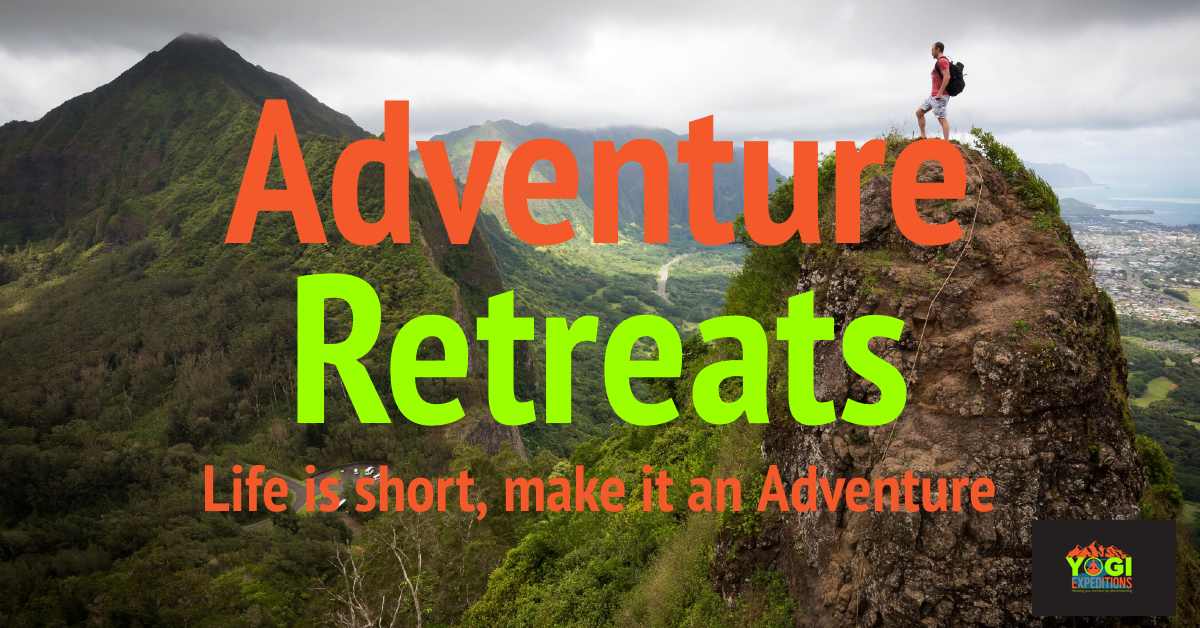Training and Accountability: Bringing Your SOPs to Life
- Shannon Peffley

- Sep 18
- 4 min read

Yesterday we talked about why SOPs (Standard Operating Procedures) are the backbone of guest experience in outdoor hospitality. But here’s the thing: even the best SOPs don’t mean much if your staff isn’t trained to use them — and held accountable to follow through.
Think about it. You can have checklists for every step of your business — from safety briefings to Airbnb cleaning to guest communication — but if your team doesn’t buy in, you’re right back to inconsistency.
That’s why training and accountability are the second half of the equation. If SOPs are the playbook, then training is practice and accountability is game day.
Why Training Matters More Than Paper
SOPs by themselves are just words. Training is what makes them stick. Without it, you’ll hear things like:
“I didn’t know we had to do it that way.”
“I thought that was optional.”
“No one showed me that.”
Guests don’t care if your team is “figuring it out.” They expect professionalism from the first interaction. Training makes sure your staff delivers.
Training Builds Confidence
A nervous guide giving a shaky safety talk doesn’t inspire trust. A confident guide who has practiced it over and over makes guests feel safe — and safe guests are happy guests.
Training Creates Consistency
If every staff member has been trained on the same SOPs, you get the same guest experience no matter who’s working that day. That’s what builds reputation.
Training Reduces Turnover
When employees feel prepared and supported, they stay longer. Hospitality jobs can be tough — good training makes the work feel manageable and rewarding.
How to Train SOPs Into Your Culture
Training doesn’t have to be complicated or boring. The best training is hands-on, repeatable, and built into everyday operations.
1. Shadowing & Role Play
Let new staff shadow experienced team members, then flip it — have them role-play the SOPs back to you. A guide practicing a safety talk or a host practicing check-in conversations builds real-world confidence.
2. Use Checklists in Real Time
Instead of handing someone a 20-page manual, give them a simple checklist they can use on the job. Over time, they’ll memorize it.
3. Short, Frequent Training Sessions
Don’t wait until the season starts to cram everything into one day. Hold weekly or monthly refreshers. Ten minutes at the start of a shift reviewing one SOP can make a huge difference.
4. Train for the “Why” Not Just the “What”
People remember why things matter. Don’t just say, “Always wipe down paddles.” Say, “Guests notice when gear looks dirty — and they’ll mention it in reviews.”
Accountability: The Missing Piece
Training is only half the battle. The other half is making sure the SOPs are actually followed.
Too often, businesses train once and then assume staff will do it right forever. That’s not how people work. Consistency comes from accountability.
What Accountability Looks Like
Check-Ins: Supervisors or managers regularly review staff performance.
Feedback Loops: Praise when SOPs are followed, corrections when they’re not.
Consequences: If someone consistently ignores SOPs, there have to be real consequences. Otherwise, your culture slides.
Positive Accountability
Accountability doesn’t have to be harsh. Recognition goes a long way. Celebrate the team member who consistently nails check-in or always gets mentioned in guest reviews.
Peer Accountability
Encourage staff to hold each other accountable. When a culture is strong, team members remind each other of standards without waiting for management.
A Story From the Field
One outfitter we worked with had great SOPs but no accountability. Guides did things their own way, and the guest experience was hit or miss.
We introduced a simple system: every guide had to role-play their safety talk with a manager once a week. At first, it felt awkward, but within a month, guest reviews started highlighting how professional and consistent the guides were.
The best part? Guides started holding each other accountable. If someone skipped a step, another guide would remind them. The SOPs went from being “rules” to being part of the culture.
The Ripple Effect of Training + Accountability
When SOPs are trained and enforced, the results show up everywhere:
Higher Reviews: Guests consistently mention cleanliness, professionalism, and safety.
Better Rankings: More positive reviews push you up on Airbnb, Tripadvisor, and Viator.
Stronger Team Culture: Staff know what’s expected and feel confident in their roles.
Less Stress for Owners: You’re not constantly putting out fires or correcting mistakes.
Practical Steps You Can Start Today
Pick One SOP – Don’t overwhelm your team. Choose one high-impact SOP (like guest check-in) and focus training on that.
Role-Play It Weekly – Make it part of team meetings or pre-shift huddles.
Use a Checklist – Keep it simple. Visual reminders help everyone stay consistent.
Celebrate Wins – Share guest reviews with the team and connect them back to SOPs.
Keep Score – Track SOP compliance just like you track sales or bookings.
Final Thought
SOPs are only as strong as the people using them. Training gives your staff the confidence to follow through. Accountability makes sure they actually do it. Together, they create consistency — and in this industry, consistency is what builds trust, reviews, and repeat business.
At Adventure Hospitality Group, we help operators not just write SOPs, but bring them to life with training systems and accountability tools that stick. Because at the end of the day, a system only works if people use it.
👉 Want help building training and accountability systems that actually improve guest experience? Reach out at shannon@adventurehospitalitygroup.com or call 717-982-9644.



Comments